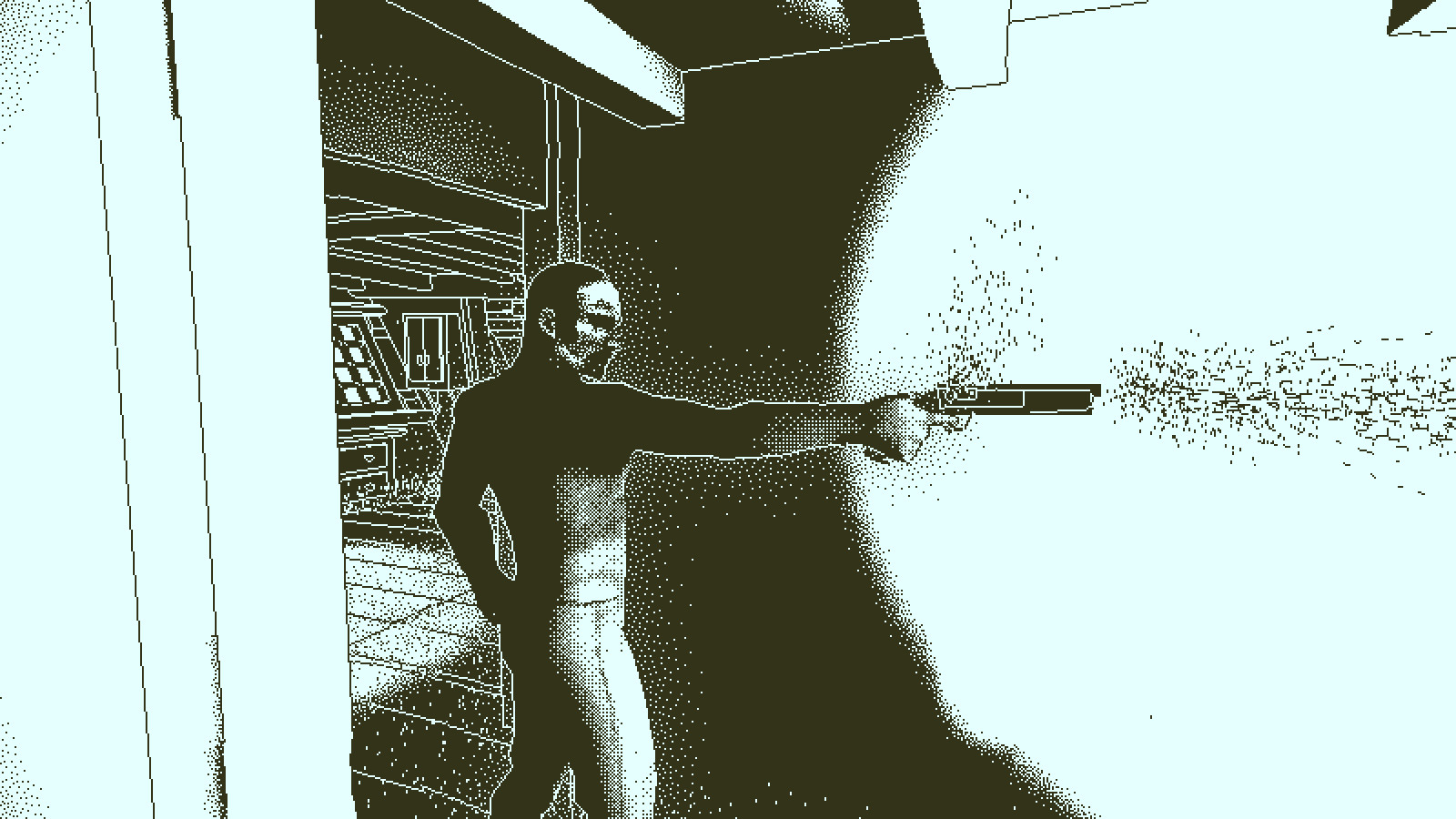If you work in this industry, one of the worst jobs you could have been assigned this year was to have to review Red Dead Redemption 2.
RDR 2 was a great game (maybe the year’s best, maybe one of the best ever), and it’s hard to deny that getting the game for free and a few days early are both perks that you can’t underappreciate. All of that is true.
At the same time, having to review RDR 2 was a burden. The need to “finish” the game meant getting to experience fewer of the title’s many brilliant little moments, and even a run through the game’s story takes you somewhere around the neighborhood of 60 hours.
For years, we’ve been taught to think that’s a good thing. 60 hours of entertainment for $60? What a deal.
The only problem is that great gaming isn’t always about the deal just like fine dining experiences typically aren’t found at buffets. Quite frankly, we’re getting to a point where I’m begging to pay $60 for a 10-hour experience.
10 hours isn’t a magic number, but it is this number that’s been floated around the industry as a controversial benchmark. There was a time when titles like Max Payne that offered 8-10 hour experiences with no multiplayer and little built-in replay value were seen as harbingers of an era in which we get shortchanged.
Time has revealed a different perspective regarding the value of your time when it comes to video games. Yes, it’s great to get a great game that you can play for 60+ hours (or even longer in the case of some games as a service titles), but if you choose to solely focus on value, you lose sight of what we lose when we send a message that the 10 hour gaming experience is no longer welcome.
Specifically, we lose out on originality. We hear all the time that there are no original ideas in gaming, but that’s not actually true. This year alone, titles like Return of the Obra Dinn, A Way Out, GRIS, Donut County, The Gardens Between, Celeste, and more all exemplified new thinking in video games, but many of them weren’t played by a lot of the people who keep calling for more originality in gaming.
Now, it’s not accurate to say that every one of those people didn’t play these games because they were shorter, but it is accurate to say that each of these games would have been harder to make if the developers were forced to make a longer game because of the idea that they had to provide value through hours played.
What’s worse is that big name developers – the same we were worried would shortchange us on video game hours – are starting to run away from these shorter experiences. This leads to games like The Last of Us, Alan Wake, L.A. Noire, and other great story-based (slightly shorter) games made by major studios feeling like a relic of the past even though titles like this remain some of the most memorable years after their release.
The hardest part of the disappearance of these titles is the realization that they only come back if people start buying them again. That means that we as consumers must find a way to support these titles by buying them, downloading them through a subscription service, and any other way to show their developers that people will support the experience of a game just as adamantly as they will support the value of a game.




